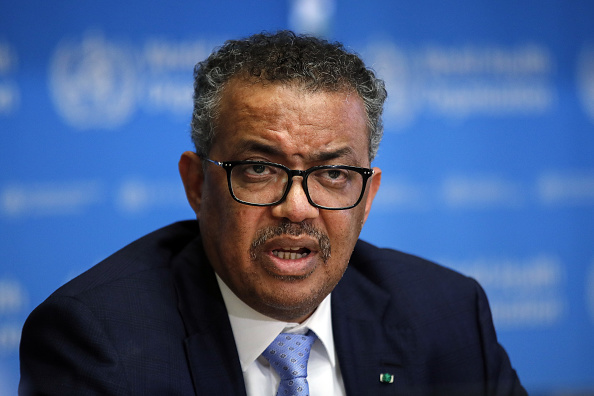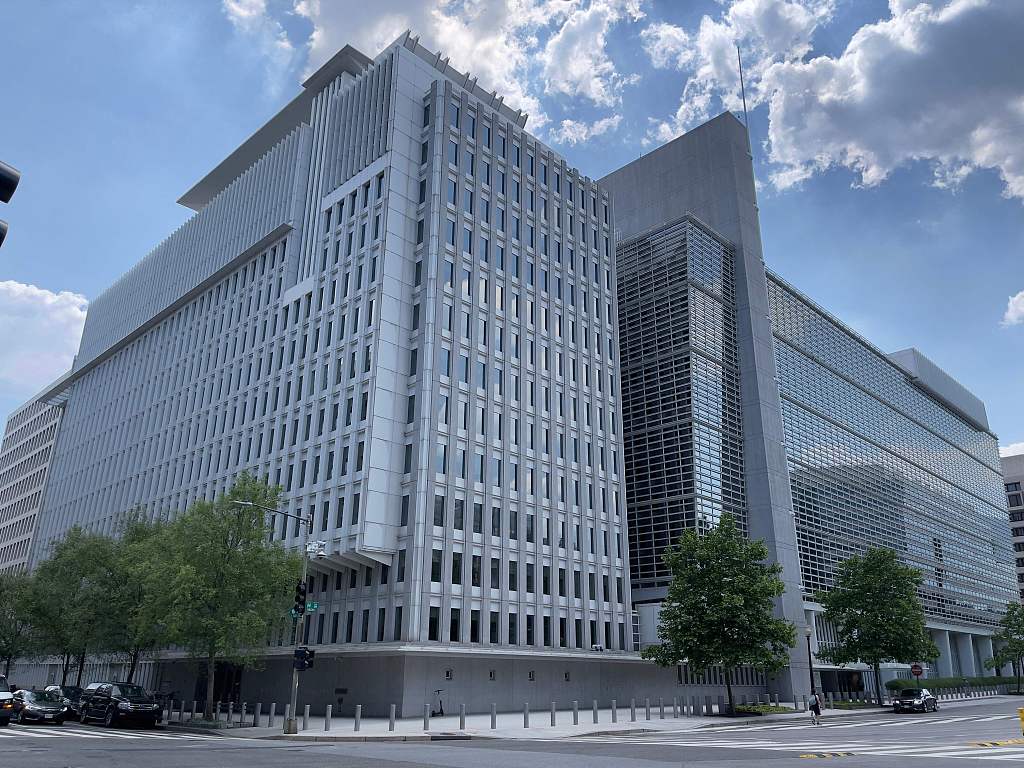
WHO estimates 10% of the world’s population infected with COVID-19

The World Health Organization (WHO) said that its “best estimates” indicate that roughly one in ten people globally may have been infected with Covid-19.
The comments were made by Dr. Michael Ryan, the head of emergency operations at WHO, on Monday, as he addressed the organization’s 34-member executive board focusing on Covid-19.
Ryan said that the figures vary from urban to rural, and between different groups, but “the vast majority of the world remains at risk”.
“We are now heading into a difficult period as the disease continues to spread,” he warned. The estimated amount to more than 760 million people based on a current world population of about 7.6 billion — which is twenty times the number of confirmed cases as tallied by both WHO and Johns Hopkins University—now at more than 35 million worldwide. The assertion was reinforced by Dr. Tedros Adhanom Ghebreyesus, the Director-General of WHO, who later on led a minute of silence to honour the victims of Covid-19 and appreciate the work of frontline workers.
Ryan said Southeast Asia faced a surge in cases while Europe and the eastern Mediterranean were seeing an increase in deaths.
Moreover, he added that the situations in Africa and the Western Pacific were “rather more positive.”
India is currently the country registering the highest number of daily cases globally, with around 60,000 new infections in the past twenty-four hours, two days after crossing 100,000 total fatalities.
Ryan said that the pandemic would continue to evolve, but that tools exist to suppress transmission and save lives.
“Many deaths have been averted and many more lives can be protected,” he said.






